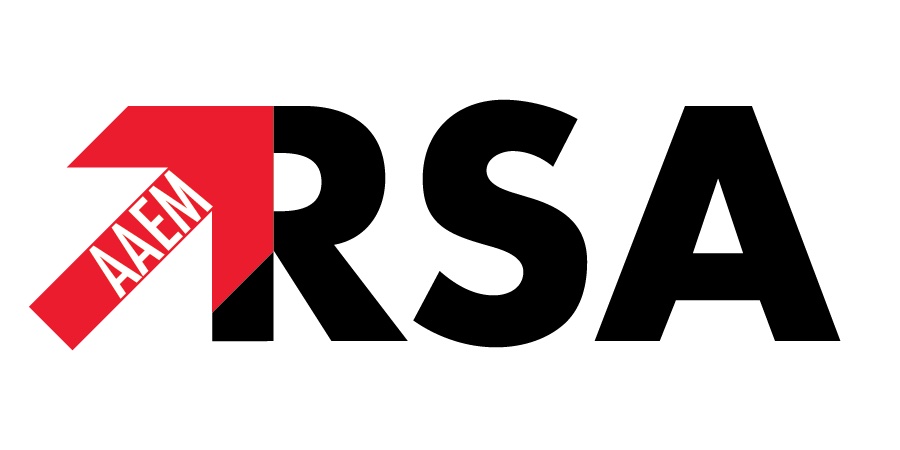Every minute, over 2,500 Americans visit emergency departments across the country; their chief complaints ranging from a common cough to life-threatening chest pain. As ED providers, our responsibility and duty is to diagnose and treat all of these patients. They trust in and depend on our clinical knowledge and experience to provide the care in their time of greatest need. As Dr. James D. Mills noted in 1963, “the public has come to look upon the emergency department as the community medical center where any man may come with any complaint, at any hour of the day or night, and expect prompt and courteous attention his due.”
In the Balanced Budget Act of 1997, the Prudent Layperson (PLP) Standard established patient security by protecting the reimbursement of diagnostic services and treatments provided in the ED based on a patient’s presenting symptoms and complaints rather than the ultimate diagnosis. Whether that cough is bronchitis or turns out to be a necrotizing pneumonia, the PLP Standard reassures patients that their insurance company will cover the visit regardless.
Unfortunately, the new wave of healthcare reform puts the Prudent Layperson Standard on unsteady ground and undermines the trust essential to a successful healthcare system. Bills like the American Health Care Act of 2017 will allow public and private insurance companies to drop PLP in an effort to cut corners and increase profits, a (currently illegal) trend already spearheaded by Anthem Blue Cross Blue Shield in Missouri, Georgia, Kentucky, Indiana, New Hampshire, and Ohio.
Such a change to eliminate the PLP Standard abandons patients with the bill, almost as punishment for the average person lacking the clinical ability to distinguish a panic attack from heart attack on their own accord. An estimated 90% of emergency and nonemergency diagnoses overlap for the same presenting chief complaint. If the average American is forced to self-triage for fear of not having their ER bill covered, this could lead to far worse health outcomes for the patient and even higher health care costs.
In addition to the huge financial burden placed onto the patient, a repeal of the PLP Standard would threaten emergency departments and lead to their closures. When Congress charged emergency rooms with the obligation to treat all patients in 1986 through the unfunded mandate of the Emergency Medical Treatment and Labor Act (EMTALA), EDs were left with the burden of uncompensated care. Though that fiscal burden is shouldered mostly by the providers themselves, the PLP Standard prevents the shuttering of EDs and enables EDs to care for all patients indiscriminately.
We cannot put the burden on our patients to make the complex decision of deciding, in a moment of crisis, whether their health is worth the risk of their coverage being denied. We cannot undermine our own profession nor reduce our expertise to “average knowledge.” We must unequivocally defend the Prudent Layperson Standard as we continue to reform healthcare, no matter the direction.
Approved June 2018
